
Nvidia is preparing to launch the GeForce RTX 5060 Ti to compete with AMD and the best graphics cards on the market. Meanwhile, VideoCardz has leaked various custom models from MSI, displaying the use of a 16-pin (12VHPWR) power connector.
The GeForce RTX 5060 Ti is a forthcoming midrange gaming GPU from Nvidia, expected to have a 180W TDP. A single 8-pin PCIe power connector, capable of providing up to 150W, is more than adequate for the GeForce RTX 5060 Ti since it can draw an additional 75W from the PCIe slot, resulting in a combined total of 225W. It's impossible to tell from the leaked renders if MSI utilizes the original 12VHPWR or the revised 12V-2x6 connector, but it should be the latter.
Utilizing a 16-pin power connector on a GeForce RTX 5060 Ti seems unnecessary, as the Blackwell-powered graphics card doesn't even use a third of the power connector's capacity. While some might suggest that MSI opted for the 16-pin connector for better cable organization, the visual distinction between a standard 8-pin PCIe power connector and a 16-pin one is minimal since both configurations ultimately require a single power cable.
At any rate, consumers shouldn't have to worry about the probability of the 16-pin power connector melting since a GeForce RTX 5060 Ti pulls nowhere near the same amount of power as a GeForce RTX 5090 or GeForce RTX 4090.
MSI GeForce RTX 5060 Ti Graphics Cards
We can only speculate why MSI used a 16-pin power connector on a 180W graphics card. It's plausible that the company is recycling a previous PCB design for the GeForce RTX 5060 Ti, which would explain the presence of a 16-pin power connector. Alternatively, the custom model from MSI may feature an exceptionally high factory overclock that justifies the 16-pin power connector.
MSI seem to have four custom GeForce RTX 5060 Ti graphics cards ready for the market. The GeForce RTX 5060 Ti Gaming Trio, available in black or white, is the flagship model with a triple-fan cooling system, while the GeForce RTX 5060 Ti Gaming leverages a dual-fan cooler. The trio of SKUs employs the 16-pin power connector. The GeForce RTX 5060 Ti Inspire 2X appears to be the only SKU with the 8-pin PCIe power connector.
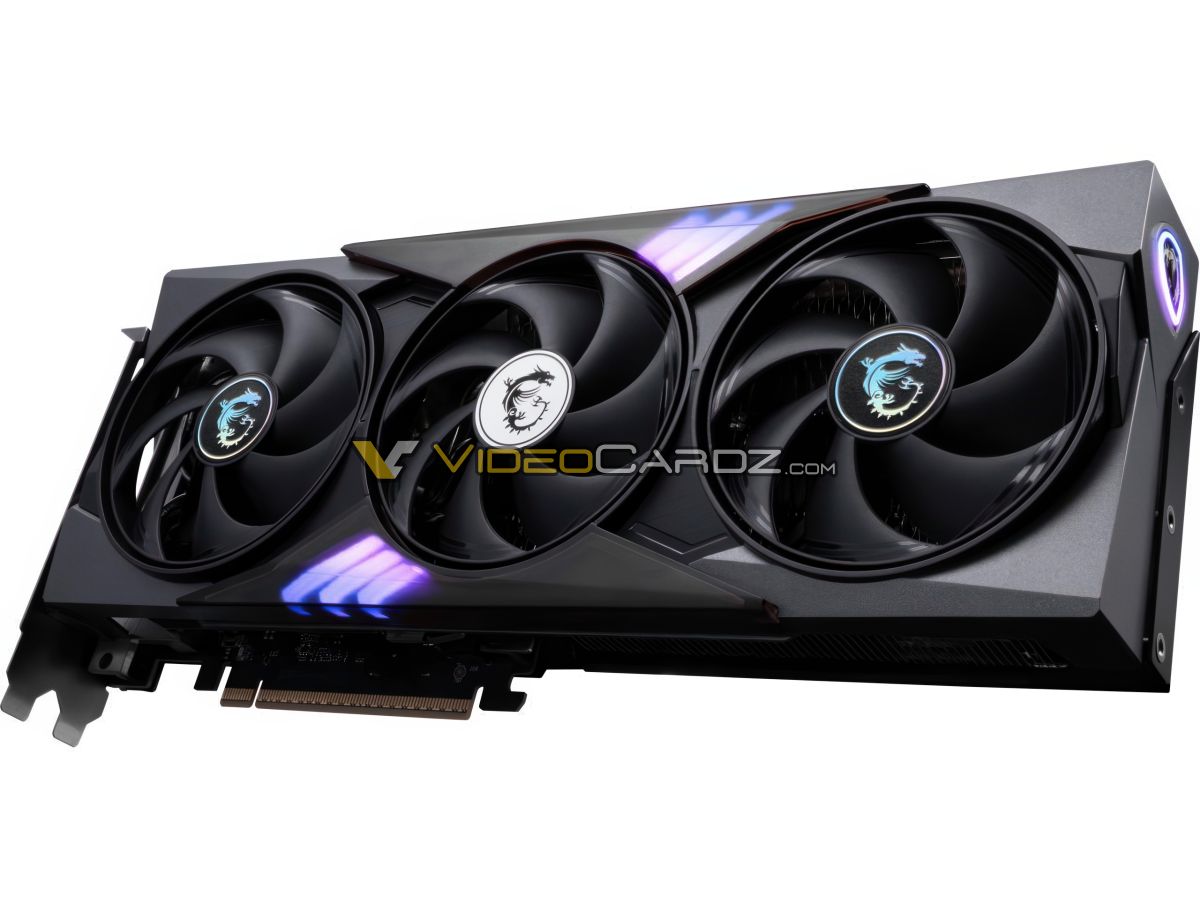
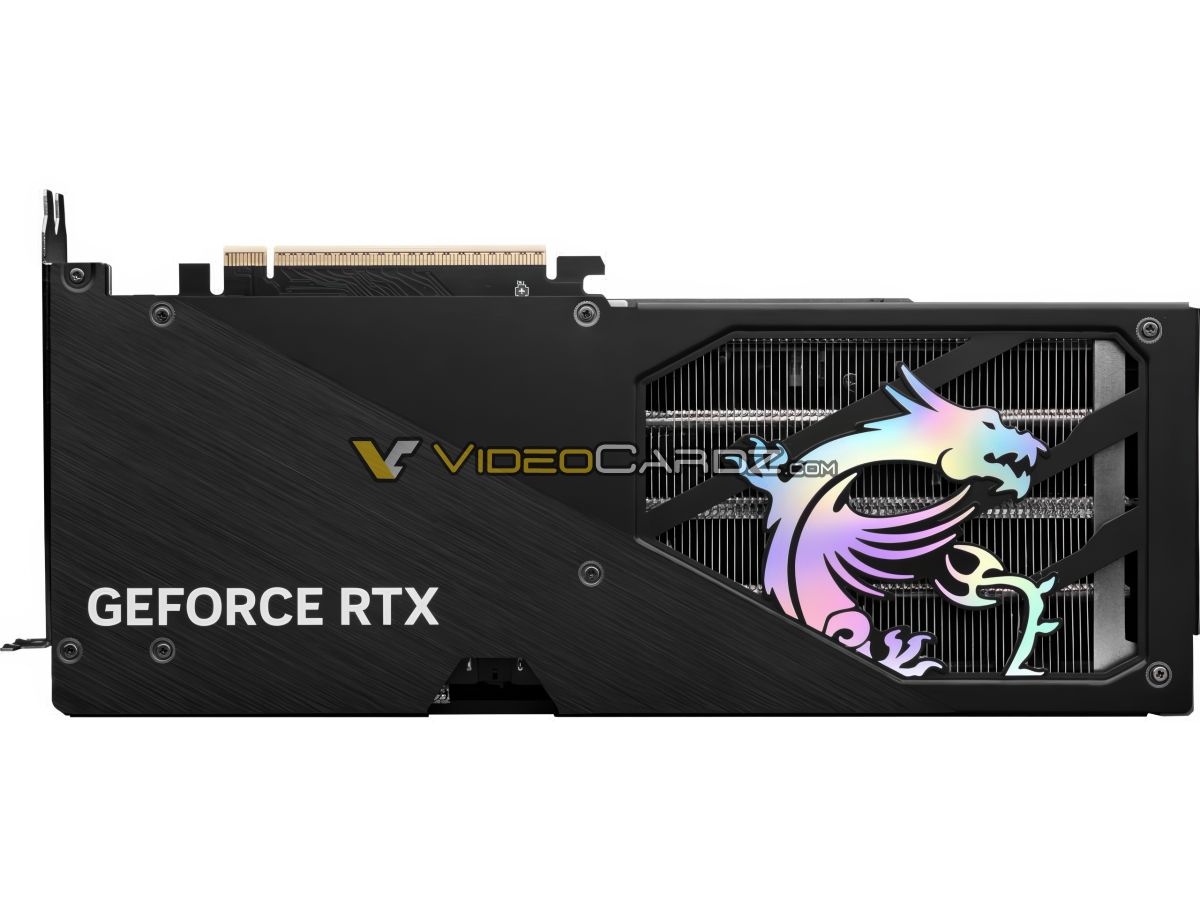
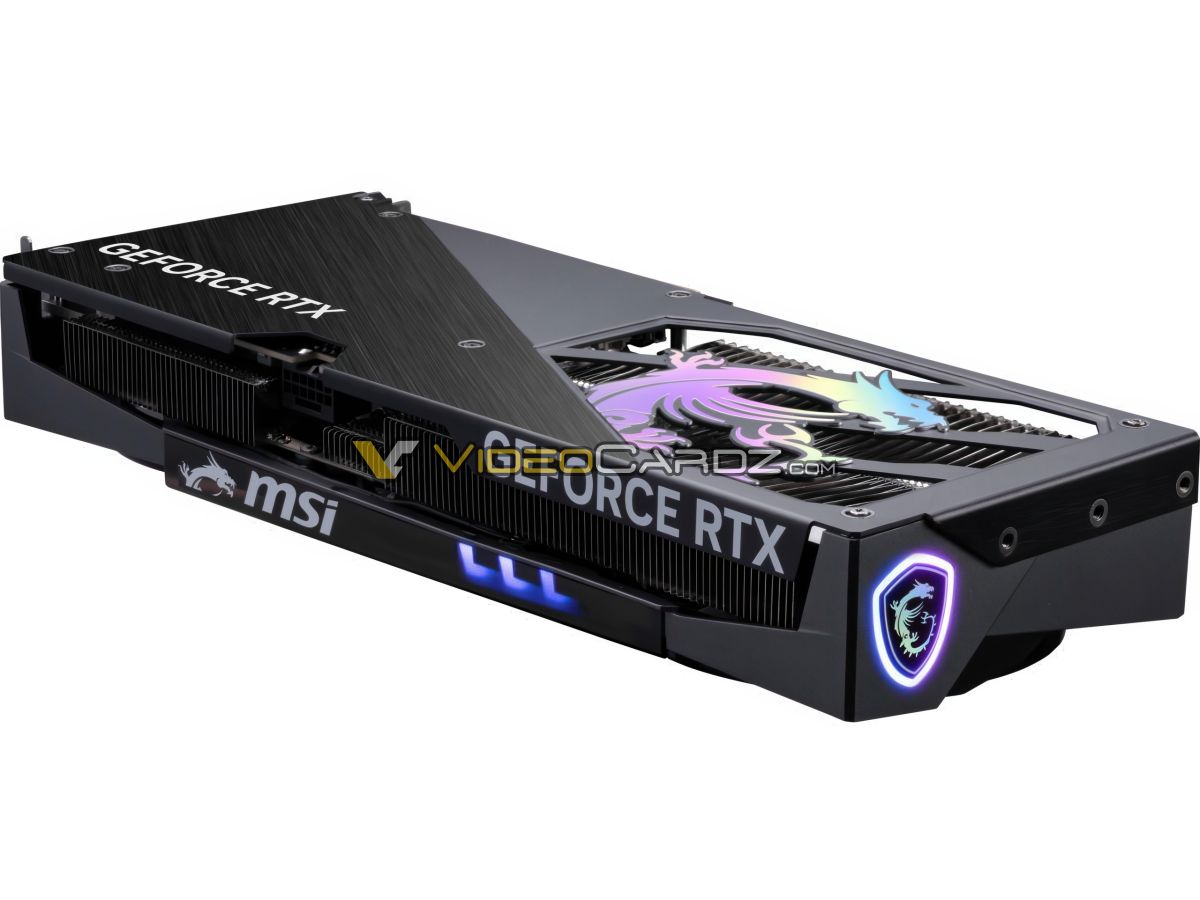
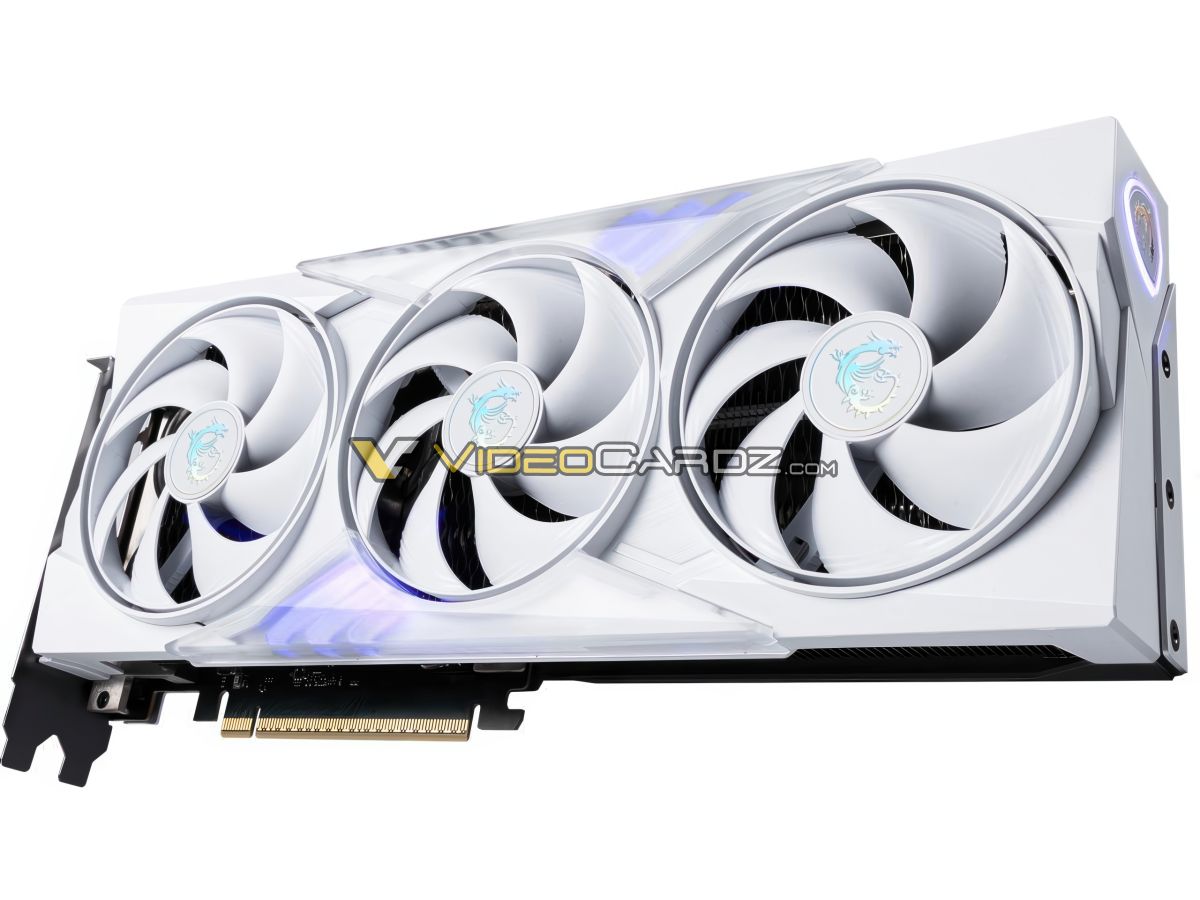

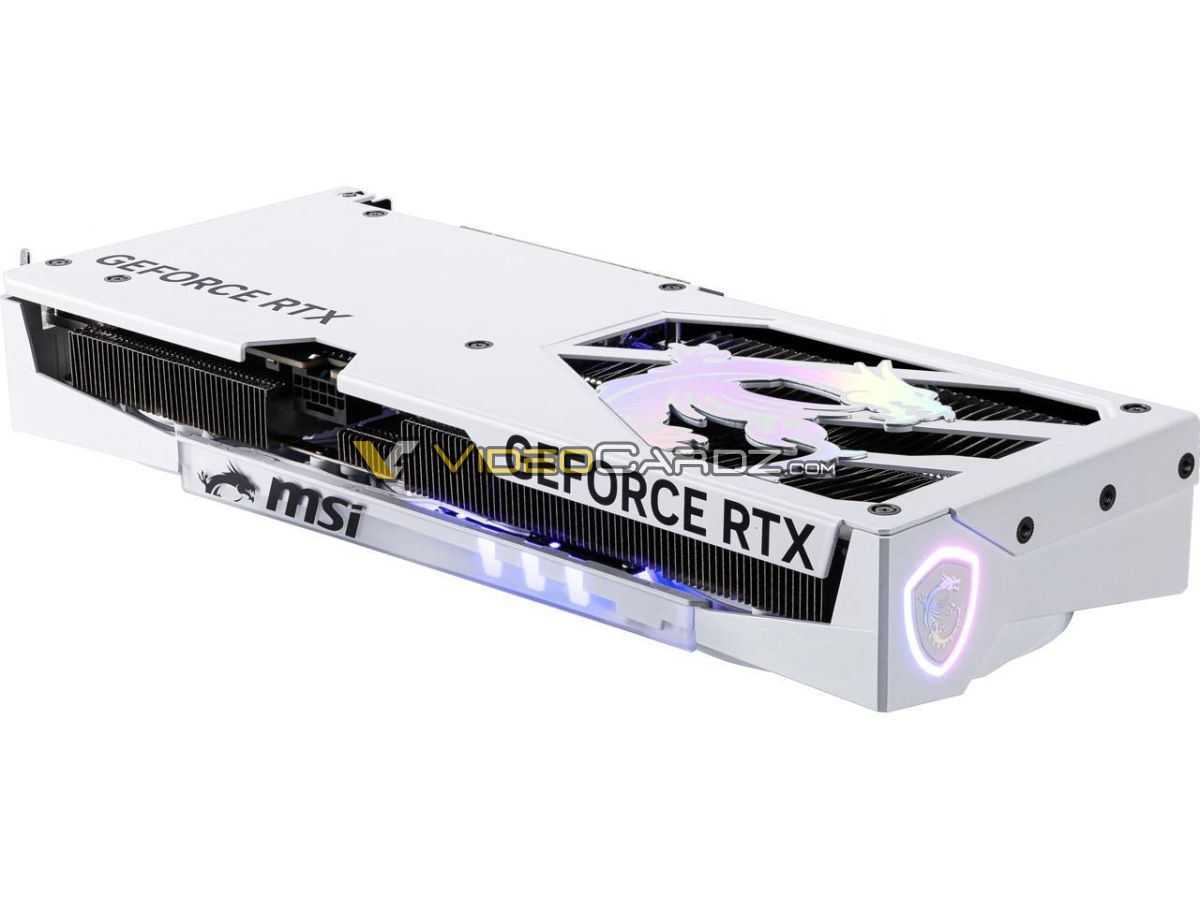


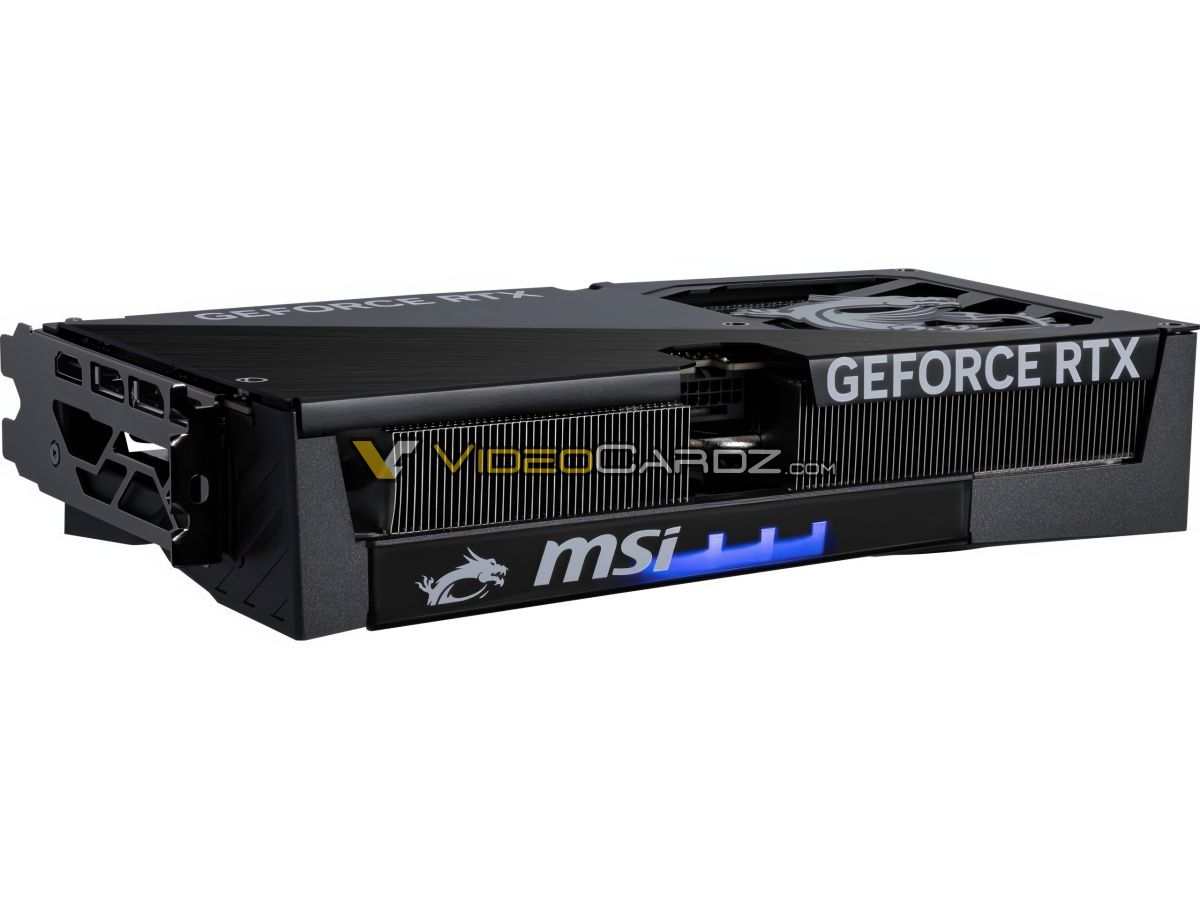
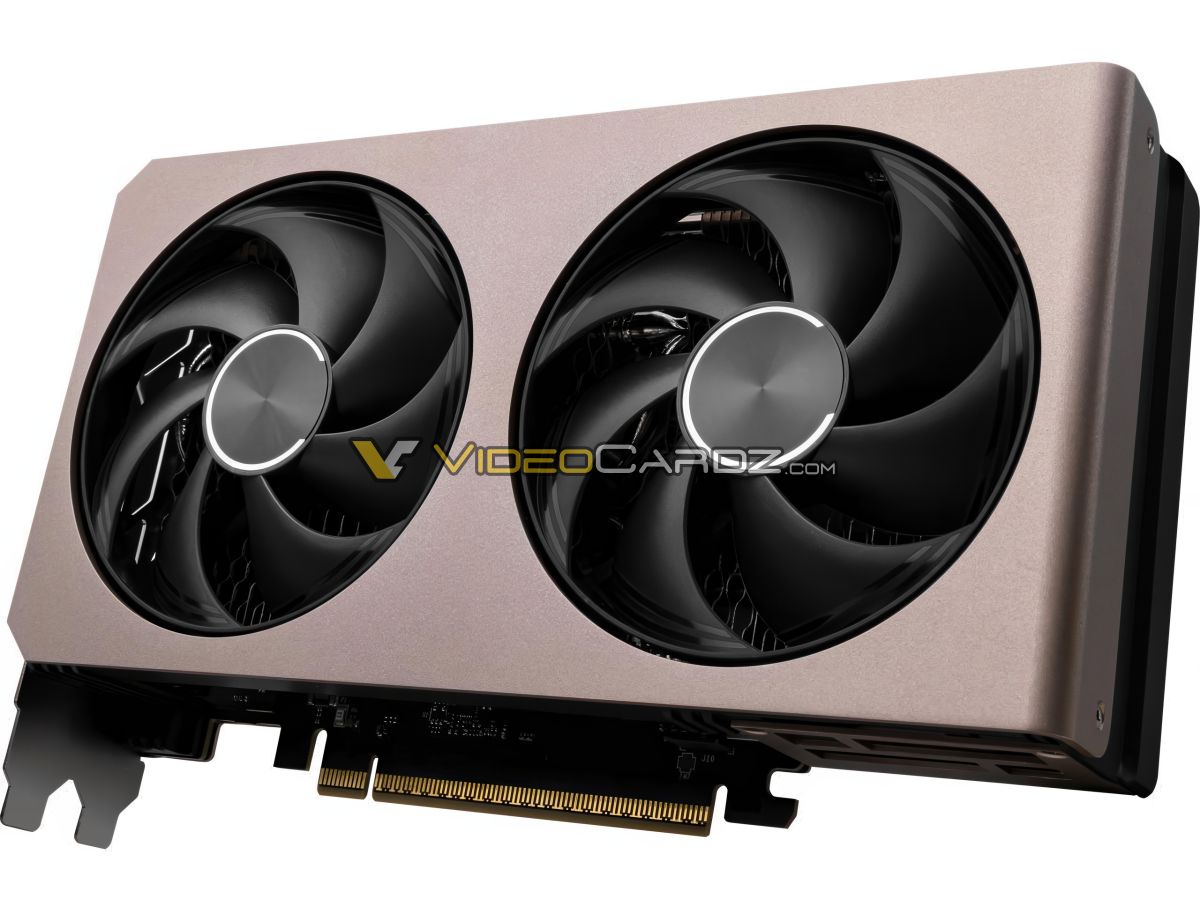
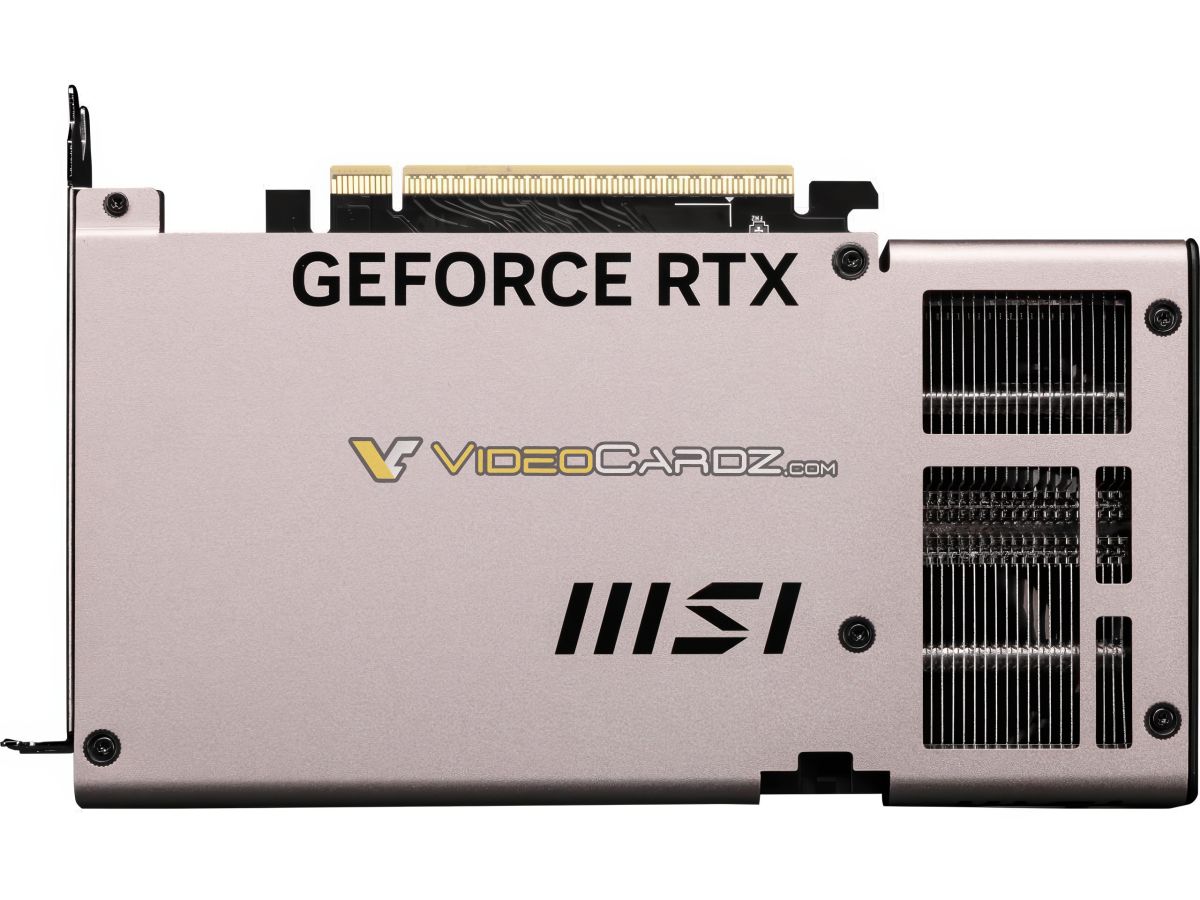
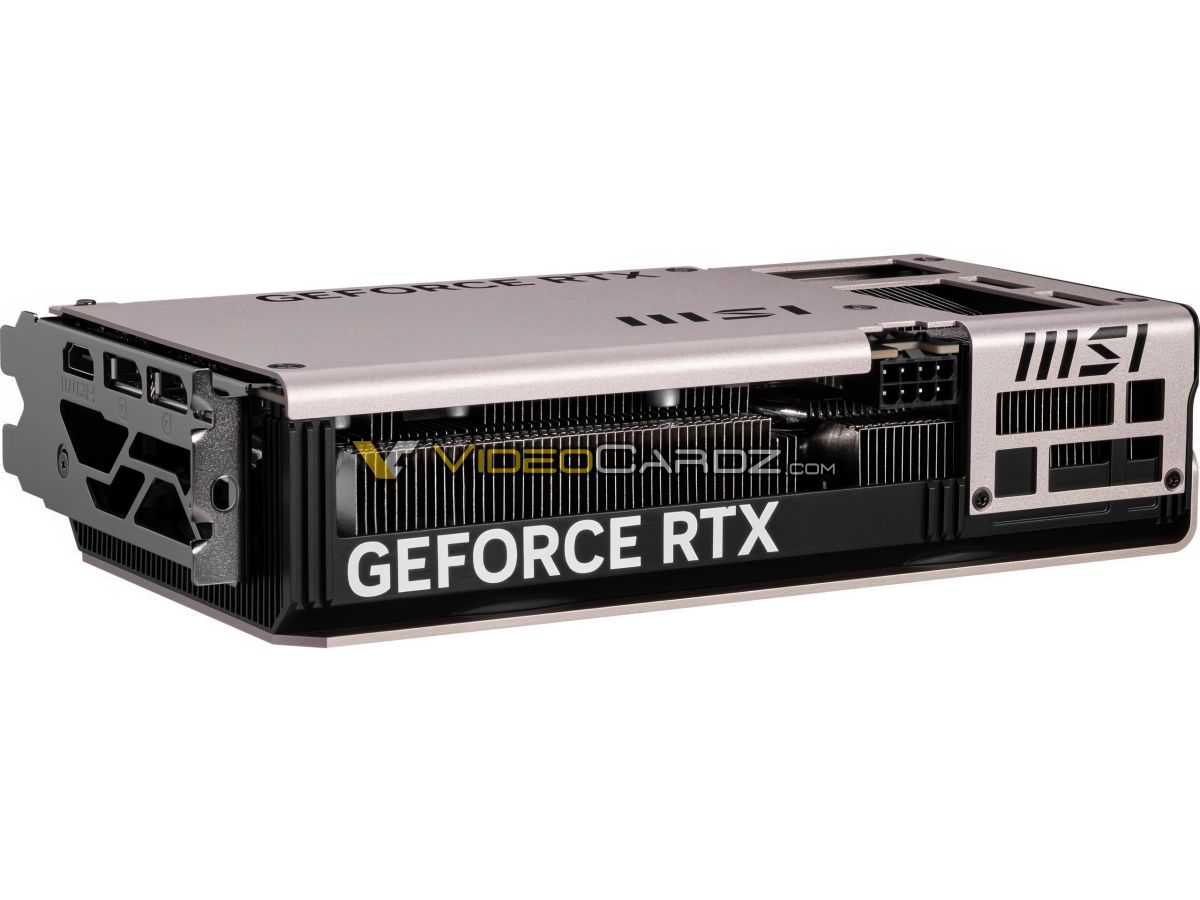
Nvidia's mainstream Blackwell graphics cards offer PCIe 5.0 support, though this interface is overkill for gaming purposes. The GeForce RTX 5060 Ti will also support PCIe 5.0, but with a twist. The MSI renders indicate that the GeForce RTX 5060 Ti, which reportedly utilizes the GB206 silicon, features a PCIe 5.0 x8 connection to communicate with the motherboard.
It doesn't come as a shock that Nvidia's x060-class graphics cards, such as the GeForce RTX 4060 and GeForce RTX 4060 Ti, along with AMD's Radeon RX x600 models like the Radeon RX 6600 or Radeon RX 7600, came with an x8 electrical PCIe interface. Graphics cards in this tier are typically not fast enough to merit an x16 connection, and an x8 connection somewhat helps reduce manufacturing cost.
While the 16-pin power connector has proven problematic, it's here to stay. Currently AMD continues to cling to the 8-pin PCIe power connectors for its current RDNA 4 graphics cards, at least one manufacturer, Sapphire, has put a 16-pin power connector on a Radeon RX 9070 XT. Some high-end power supplies have already started to decrease the number of 8-pin PCIe power cables in favor of the 16-pin.







